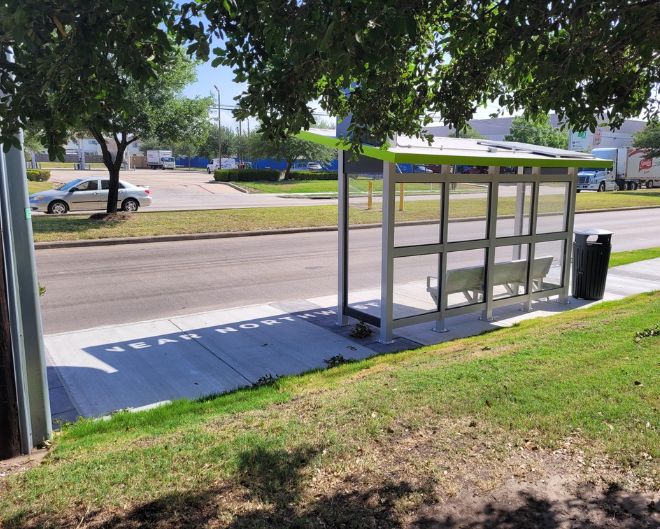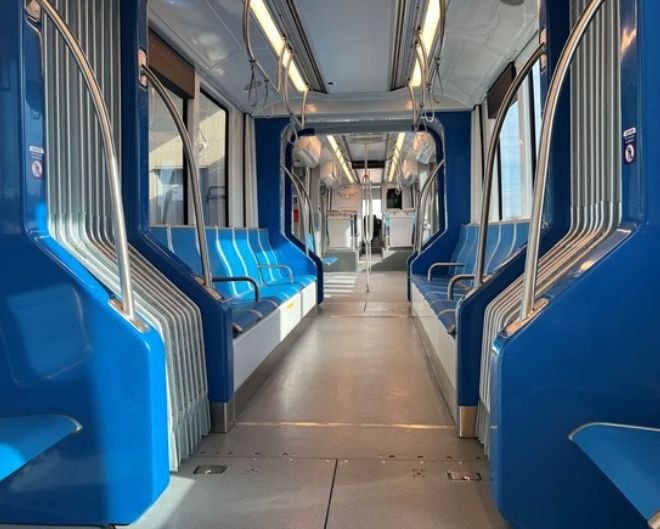October 2022
A Commitment to Accessibility for All
.jpg?sfvrsn=daaafd18_3)
The path toward a more equitable transportation system means investing in a more accessible one. As part of METRO’s mission to provide safe, clean, reliable, accessible, and friendly public transportation services to the Houston region, we've prioritized universal accessibility as an agency goal since 2017. Here are some of the latest developments related to this important initiative.
METRO Surpasses Universal Accessibility Goals
METRO's Universal Accessibility initiative has achieved a lot over the last year. The Authority is working hard to ensure our network of more than 9,000 bus stops is accessible to all. Today, nearly 3,500 METRO bus stops are now universally accessible.
Moving forward, customers can expect to see the addition of more bus shelters as METRO embarks on its first phase of bus shelter installations at many of these newly redesigned and rebuilt stops in 2023.

This year alone, METRO completed more than 1,200 universally accessible bus stop designs. The Authority also constructed 1,776 stops — surpassing the Authority's goal of 1,000 bus stops by almost 80 percent!
New, More Accessible METRORail Cars
In October, METRO introduced 14 new fourth-generation (H4) light rail vehicles (LRV) to the METRORail fleet. They feature an open seating layout, with nearly four feet of aisle space to better accommodate wheelchairs, strollers, and passengers with bicycles.
"I'm excited, and I feel privileged to bring this new generation of light rail vehicles to the city of Houston," said METRO Director of Rail Maintenance Stephen Land. "The biggest difference is the seating arrangement in the center section, which exceeds ADA requirements."
The LRVs will operate primarily along METRORail's Red Line; however, they will also assist with the Authority's plans to expand two-car service on the Purple and Green lines.

METRO's new cars H4 railcars feature an open seating layout, with nearly four feet of aisle space to better accommodates wheelchairs, strollers, and passengers with bicycles.
Transit serves as a lifeline for millions. METRO understands that greater access to public transportation also means greater access to educational and economic opportunities. It's why the agency is focused on a future that provides a better, more accessible transit experience whether you walk, ride or roll.

 Google Chrome
Google Chrome
 Safari Mac OS
Safari Mac OS
 Mozilla
Mozilla
 Microsoft Edge
Microsoft Edge